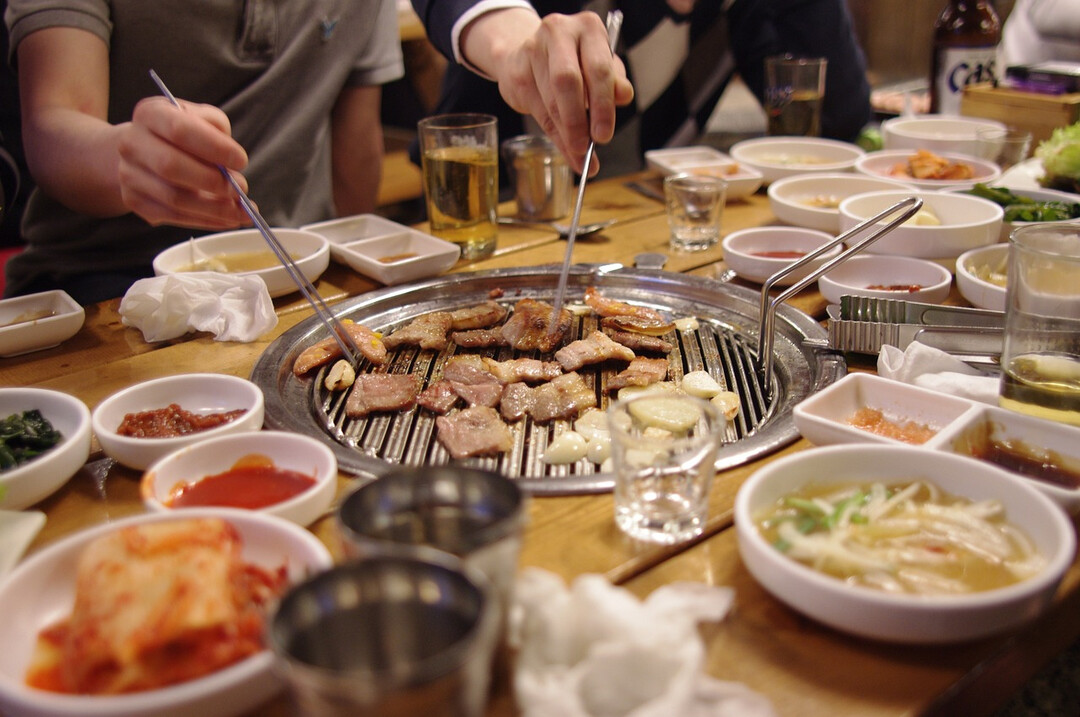
Seoul, South Korea – A recent survey conducted by the Ministry of the Interior and Safety has revealed that nearly one in five South Korean civil servants has been involved in the practice of "serving meals to superiors," where junior staff are expected to pay for their bosses' meals.
The survey, conducted in November last year, involved over 150,000 government employees at both central and local levels. The results, released on [Date], showed that 18.1% of respondents had participated in this practice within the past year.
The frequency of these meals varied, with 41.5% of respondents reporting that they occurred once or twice a week. The practice was particularly prevalent among local government employees, with 23.9% reporting experiences compared to 10.1% at the central government level.
Most often, these meals were paid for by junior staff to entertain their department heads (57%), followed by bureau chiefs (33.6%).
When asked about the reasons for the persistence of this custom, the most common response was that it was simply a longstanding tradition. Other reasons cited included the superiors' role in performance evaluations and the desire to foster communication.
Despite these reasons, a whopping 91% of respondents expressed that this practice was unnecessary. To address this issue, many suggested that a change in mindset among senior officials was crucial.
In response to the survey findings, the Ministry of the Interior and Safety, along with the Ministry of Personnel Management and the Anti-Corruption & Civil Rights Commission, will hold a meeting to discuss countermeasures. The government plans to implement a series of measures, including:
Raising awareness: Educating senior officials about the negative impacts of such practices.
Setting a good example: Encouraging leaders to set a positive example by refraining from engaging in these customs.
Promoting a healthier work culture: Encouraging the adoption of the "10 Recommendations for Organizational Culture Innovation," which includes measures such as reducing out-of-hours communication, avoiding unnecessary overtime, and ensuring fair workload distribution.
"The survey results have shown that this outdated practice still exists in some organizations," said Hwang Myeong-seok, Director-General of the Government Innovation Bureau. "We will work with related agencies to actively eliminate these harmful practices and foster a healthier work environment for all civil servants."
[Copyright (c) Global Economic Times. All Rights Reserved.]






























